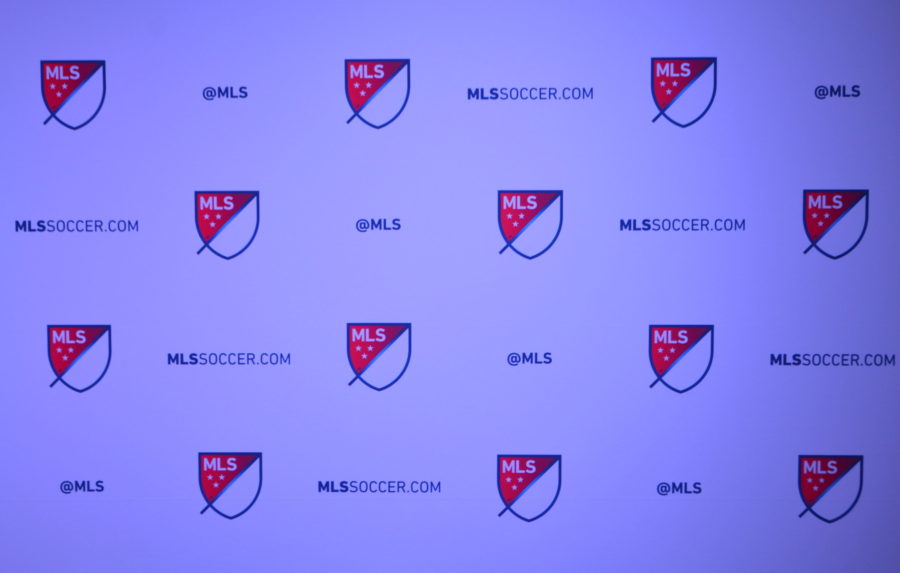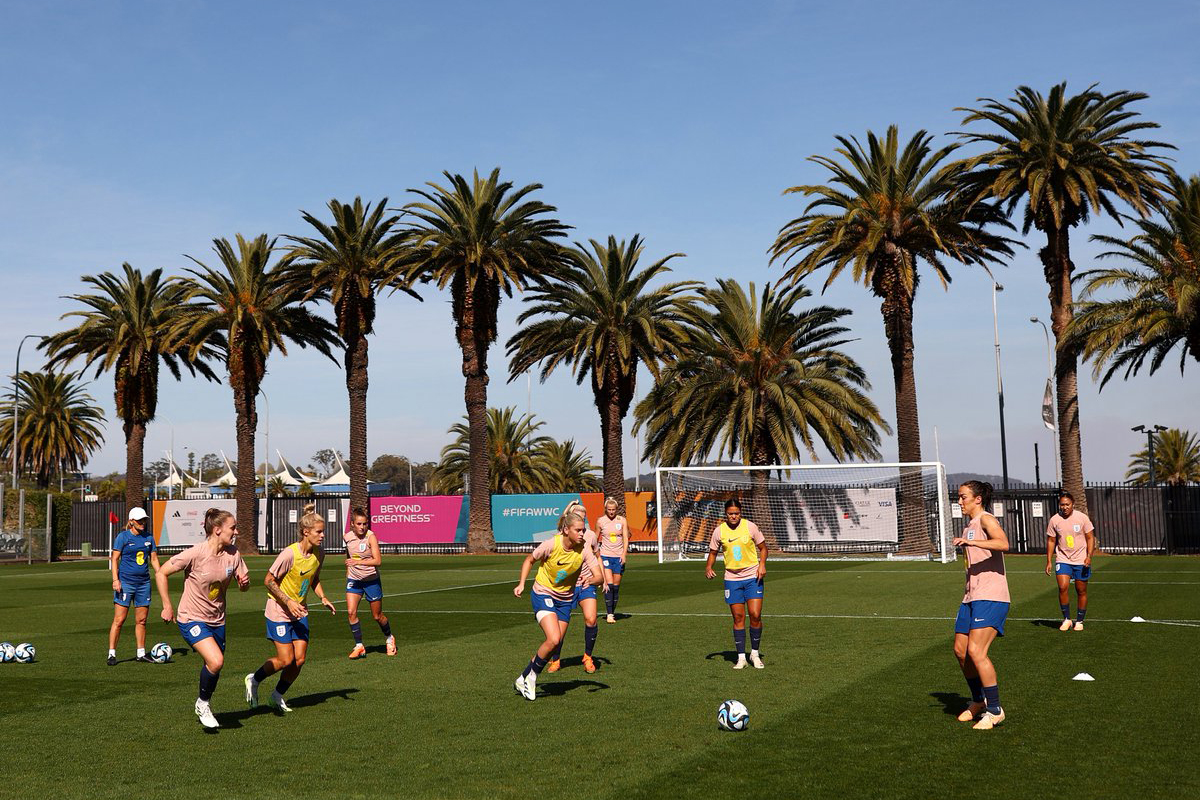With many of the movers and shakers in the American soccer world in Los Angeles this week, came bombshell news on a number of fronts in the region.
First, the NFL’s Chargers announced they would be moving from San Diego to the Los Angeles area for next season, seemingly completing a saga years in the making. Initial reactions to the news ranged from rage in San Diego, furious that the team was ditching them for a crowded market, to apparent bemusement as Los Angeles mostly seemed to shrug at the news. Between the two-decade span of time with no NFL teams in the region, leading to many to turn away from football or root for another team, and the return of the Rams to Los Angeles for this season, pulses didn’t exactly race over this development.
Adding to the intrigue, the Chargers announced they would play the next two seasons at the StubHub Center, a previously-soccer specific stadium and of course the home of the LA Galaxy. Those unfamiliar with soccer stadiums in general seemed to be puzzled at the decision to play games at a venue that holds roughly 25,000, while soccer fans wondered if the field quality for Galaxy games would be impacted for the worse.
Of course, time will tell if the Chargers move to StubHub Center will be a good move after all, promising the “intimate venue” that MLS has chased, to largely good effect, in recent years. If closeness to the action and scarcity of tickets becomes a hit, then this could very well be the start of a revolution in the NFL.
Amidst all the talk of an NFL team moving up the road, came the almost immediate domino of MLS expansion in San Diego. MLS Commissioner Don Garber spoke at the NSCAA convention on Friday morning before the MLS SuperDraft, and noted he would be speaking with San Diego mayor Kevin Faulconer right after his session at the convention.
While Garber was at pains to say he and MLS were not wishing the Chargers would leave San Diego, he fully admitted the conditions for an MLS team in the city were ripe based on the developments.
“Trust me, we had absolutely nothing to do with [the Chargers’ decision to move to LA],” he said at the NSCAA session. “What it’s really about is that we seem to do better in markets that have less competition. And that obviously makes sense. It seems as if when a team leaves, there’s a void that fans and the community overall and politicians feel, and MLS can come in and in many ways try to fill that void.”
All that said, just because of the changing landscape in San Diego, that doesn’t mean an MLS team is signed, sealed and delivered just yet. Garber reiterated on Friday the need for any interested markets to submit a full application to the league for the next round of expansion by the end of this month. Still, San Diego seems to be a prime candidate at the moment for first-division expansion.
“We have spent a lot of time down there,” Garber said later in the day, to reporters at the MLS SuperDraft. “There is a very good group that’s come together. We know the investor prospects well. I’ve been there quietly probably two or three times. I’ll be down there for the [US national team] game. I think it would be a great MLS city.”





